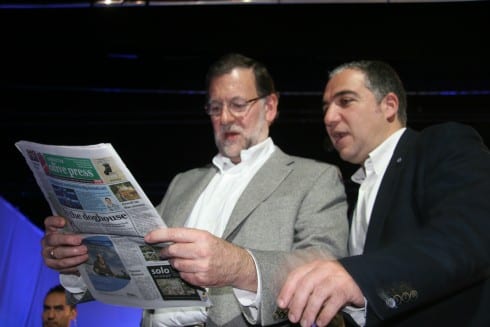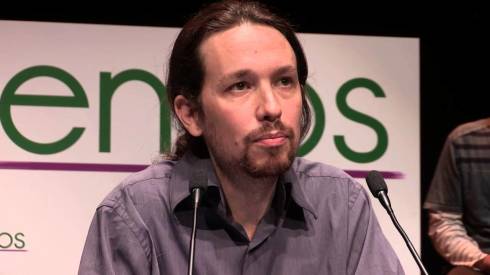REGARDLESS of what occurs this week in Catalonia, the fallout between the central government and regional separatist leaders will undoubtedly lead to one of the biggest voter boycotts in the general elections.
 Prime Minister Mariano Rajoy has said he hopes he doesn’t have to deal with the inflamed Catalonia situation until after the December 20 race.
Prime Minister Mariano Rajoy has said he hopes he doesn’t have to deal with the inflamed Catalonia situation until after the December 20 race.
But the regional parliament pushed through a debate on self rule last Monday and approved a motion to begin a secession process.
Last week, the constitutional court decided not to grant appeals filed by the Popular Party (PP), Socialists and Ciudadanos asking the court to block the debate.
Rajoy has also tried to calm the flames by agreeing to discuss constitutional reform, should he win the elections, but the PP hasn’t thrown out any proposal in that field that might look like it could cool the Catalan separatists for now.
Any new regional leader chosen in the parliamentary vote will have to deal with a heated issue that will draw in all citizens from the northeast region.
But perhaps the most damaging consequences coming out of this entire bitter confrontation will be seen at the polls next month.
There are perhaps more inactive pro-independence supporters in Catalonia than there are members of the traditional PP and Socialist parties in the region.
And they don’t like what they see.
Many are fed up with Rajoy’s stubbornness to seek a viable solution to put an end – at least publicly – to the political crisis, and their frustrations could be registered at the polls on December 20.
A boycott – or a low voter turnout – during the general elections will do two things.
It will stir up the separatist rebellion that is getting underway and also drum up support among Catalans, who believe they have been treated – regardless of their own political stands – unfairly by the central government’s strict regional financing rules.
Even if there isn’t a low voter turnout, a message will be clearly be sent to Madrid that politics in Spain has changed for good.









